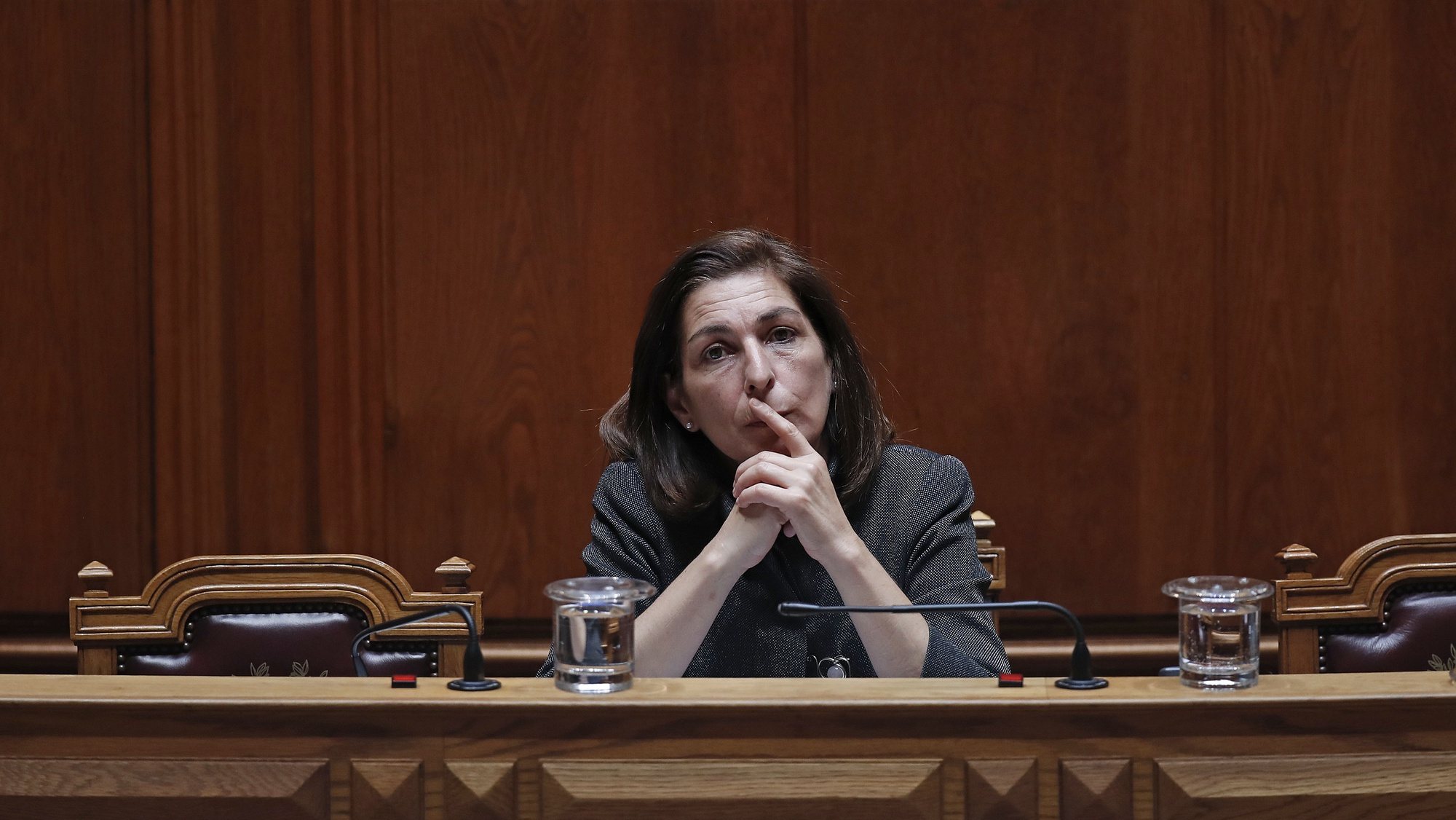The Government presents this Friday to the parties with parliamentary representation the macroeconomic scenario that will serve as the basis for its proposal for the State Budget for 2023, a diploma that will be presented this Monday to the Assembly of the Republic.
In the meetings with the parties on the State Budget for 2023, which are held within the framework of the Statute of the Opposition, the Government will be represented by the Deputy Minister of Parliamentary Affairs, Ana Catarina Mendes, and the Minister of Finance, Fernando Medina.
The first party to be received by the Government will be Livre, at 9:00 a.m., followed, at 30-minute intervals, by PAN (9:30 a.m.), Left Block (10:00 a.m.), PCP (10:30 a.m. hours). am), Chega (11:00 am), the Liberal Initiative (11:30 am) and the PSD at 12:00 pm.
On Wednesday, at the end of the Republic Day celebrations in Lisbon, the President of the Government, António Costa, although without going into details, made a global statement on the main macroeconomic lines of the draft budget for next year.
Speaking to journalists, António Costa ruled out a scenario “of no growth and less of a recession” for 2023, anticipated that the Portuguese economy “will continue to grow above the European average” and estimated that inflation will slow down.
“This year we are the country of the European Union that has had the most growth. Next year [haverá] recession in many European countries. We are not necessarily immune and, therefore, Portugal will grow less than this year, but we will not have any scenario of no growth and less of a recession”, she has maintained.
According to the Prime Minister, the economic scenario for 2023, on which the State Budget will be based, will be one of “moderate growth, adjusted to the realities of the moment”. “It is based on a significant slowdown in the rate of inflation, having a fundamental concern that is key in economic policy: Maintain employment and sustain family income and the ability of companies to compete without fueling the inflationary spiral,” he said.
António Costa also said that “the essential elements of the budgetary measures are designed”, but the Government hopes, until the budget proposal is closed on Monday, “to complete the negotiations with the social partners so that the State Budget for 2023 it may already be to reflect what the medium-term agreement on competitiveness and returns will be”.
“We are working with the partners in terms of social consultation so that we can close a competitiveness and income agreement, a multi-year agreement, such as the one we presented to the public administration, which intends that in the horizon of this legislature not only there is no loss of purchasing power but there will be an improvement in purchasing power,” he declared.
At this point, the President of the Government reiterated that the Government’s objective is to increase the share of wages in national wealth to 48%, which is the European average.
As for the public administration, the Government proposed this Monday salary increases between 8% and 2% to the unions, with a guarantee of a minimum of around 52 euros per year until 2026.
The minimum annual increase for the civil service will be equivalent to a change in salary level (approximately 52 euros), ranging between 8% for the lowest remuneration in the table, which is 705 euros, and 2% for income from of 2,570.82 euros.
“This means that, through this salary update mechanism, public administration salaries will increase, on average, by 3.6% over the next year,” the Minister of the Presidency, Mariana Vieira da Silva, told Lusa.
Unlike previous years, the Government announced in early September increases in pensions for next year.
Pensions up to 886 euros will increase by 4.43%. Those with a value between 886 and 2,659 euros will increase by 4.07%, while the rest (which would be subject to updating taking into account the current legal formula) will increase by 3.53%.
Source: Observadora
